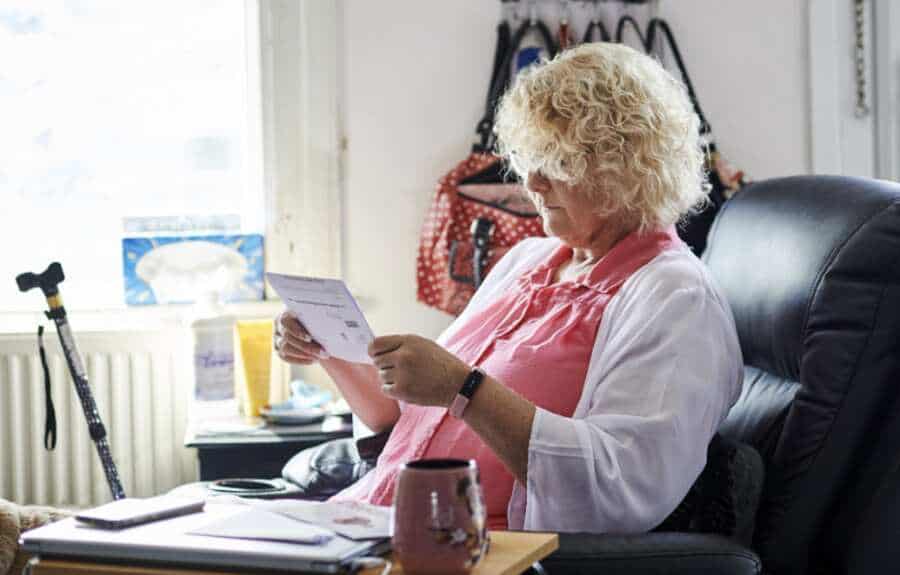RiDC partners with Bristol University to research the financial wellbeing of disabled people
The Research Institute for Disabled Consumers (RiDC), in partnership with the University of Bristol Personal Finance Research Centre, has been awarded a grant by the abrdn Financial Fairness Trust to produce new evidence about the financial wellbeing of disabled people.
The project will review existing financial wellbeing measures, policies and strategies to see where they are working or falling short for disabled people, and aim to identify opportunities for solutions and innovation to better support, disabled people.
Over 14 million people in the UK have a disability and this number is expected to grow with an ageing population and an increase in chronic diseases.
Gordon McCullough CEO at RiDC says: “Disabled people already had low financial wellbeing before 2020, which the pandemic exacerbated, and will be made worse by the cost-of-living crisis. This is an important and timely piece of research, which could really help drive improvements in effective support for disabled people.”
Recent research from RIDC shows that disabled consumers are already being left behind when it comes to renewable home energy and heating solutions.
Its research study details disabled consumers’ experiences of investigating, choosing and installing renewable home heating and energy solutions including solar panels and air and ground heat pumps, with a specific focus on the accessibility of information they encountered.
It found a lack of awareness of the specific needs of disabled people, which meant that information provided didn’t address requirements, nor was presented in accessible formats.
There was deep concern about whether renewable solutions could provide the reliable energy supply that is vital for many disabled people who need to power health equipment, or charge assistive technology.
The impact of disability on the installation and running of renewable energy and heating sources was not addressed in the information provided by equipment suppliers.
Disabled consumers taking part in the research also experienced significant difficulty in identifying suitable equipment, comparing prices and identifying grants available to them. Information was confusing and full of jargon.
The report calls for clear codes of practice and makes recommendations to ensure that renewable power and heating solutions meet the needs of people with disabilities.
In a recent report, the RiDC found that usability testing by older and disabled people of a range of smart central heating control apps highlights that the majority could do more to support people with visual or cognitive impairments.



